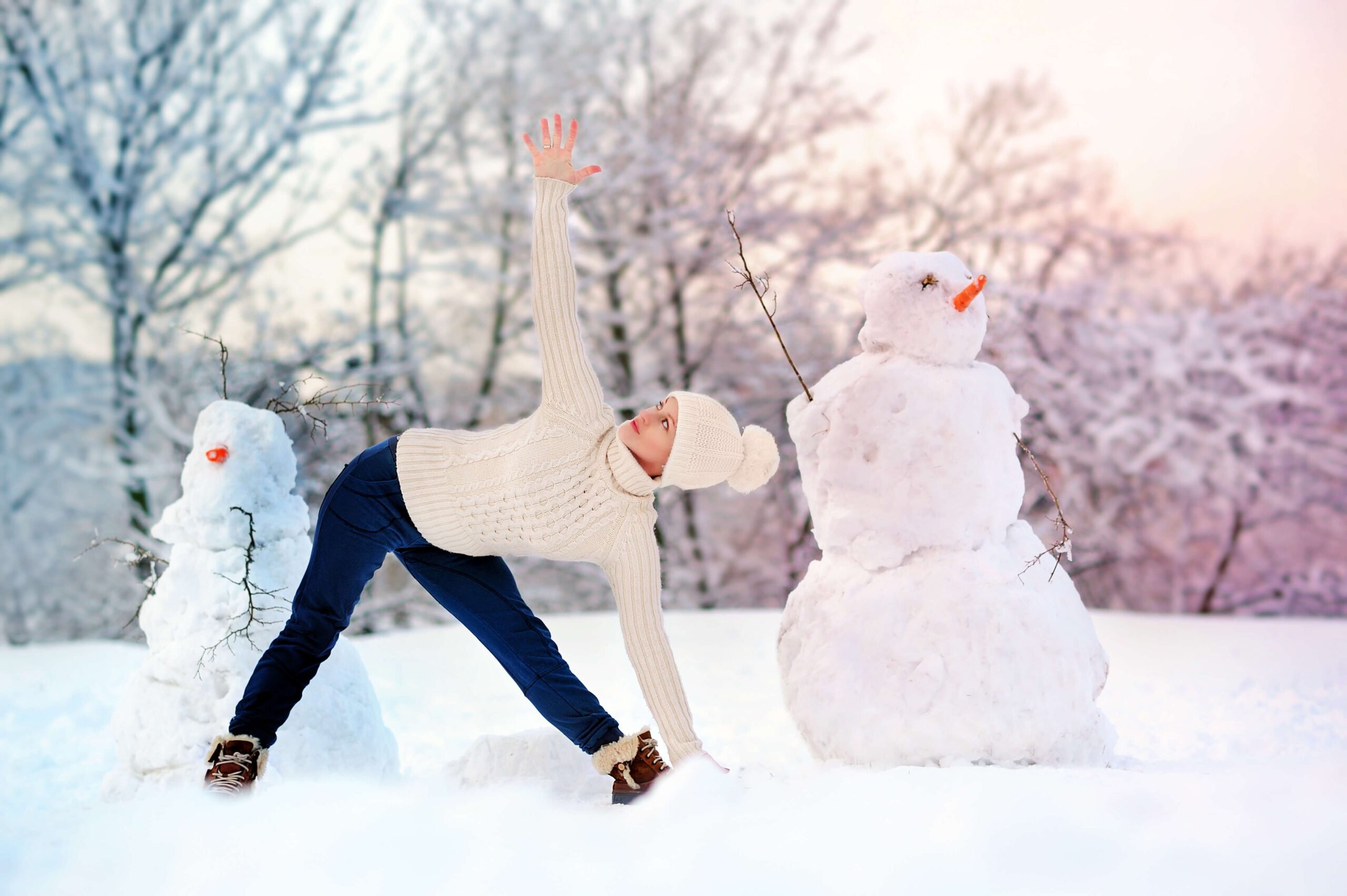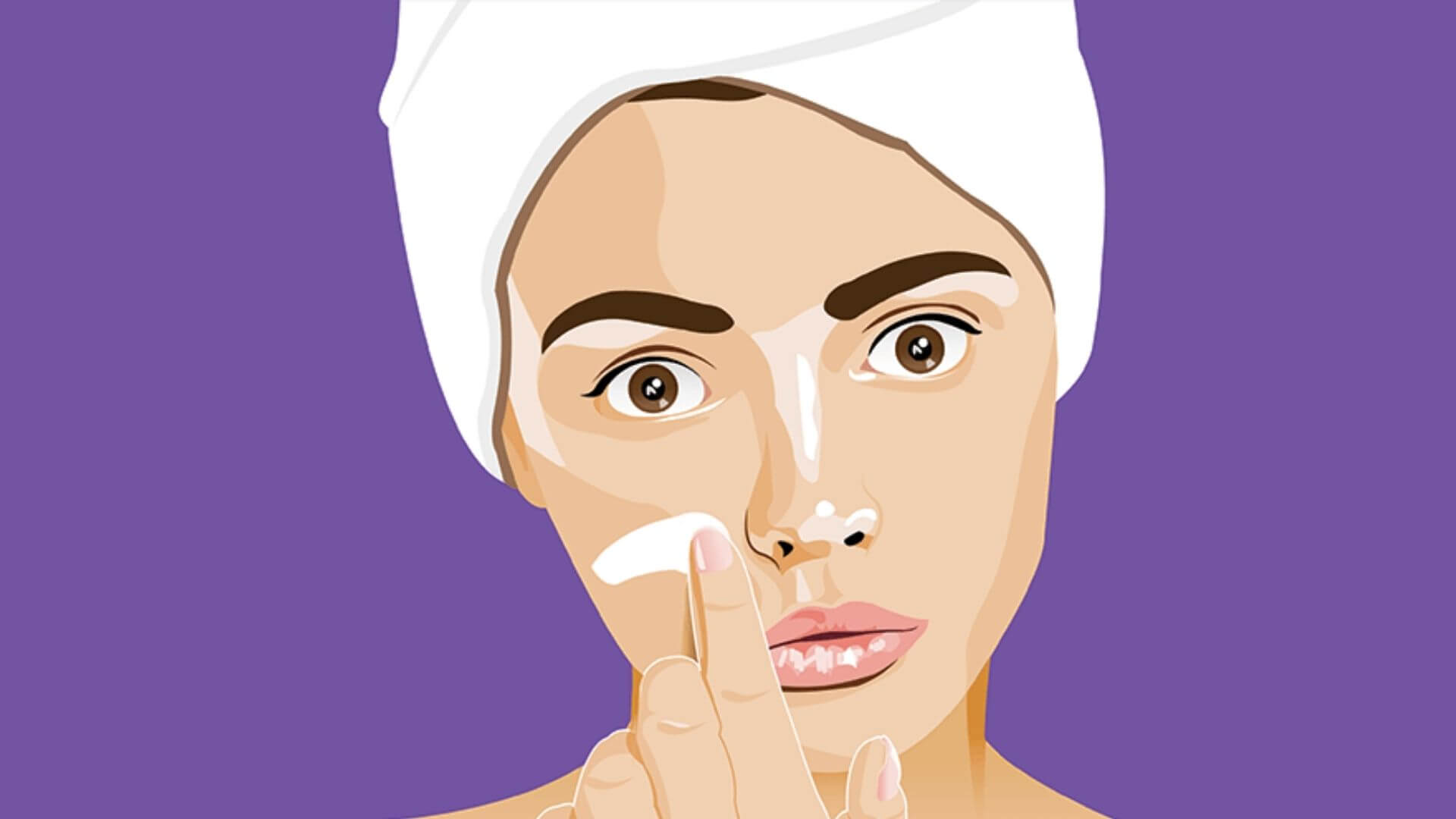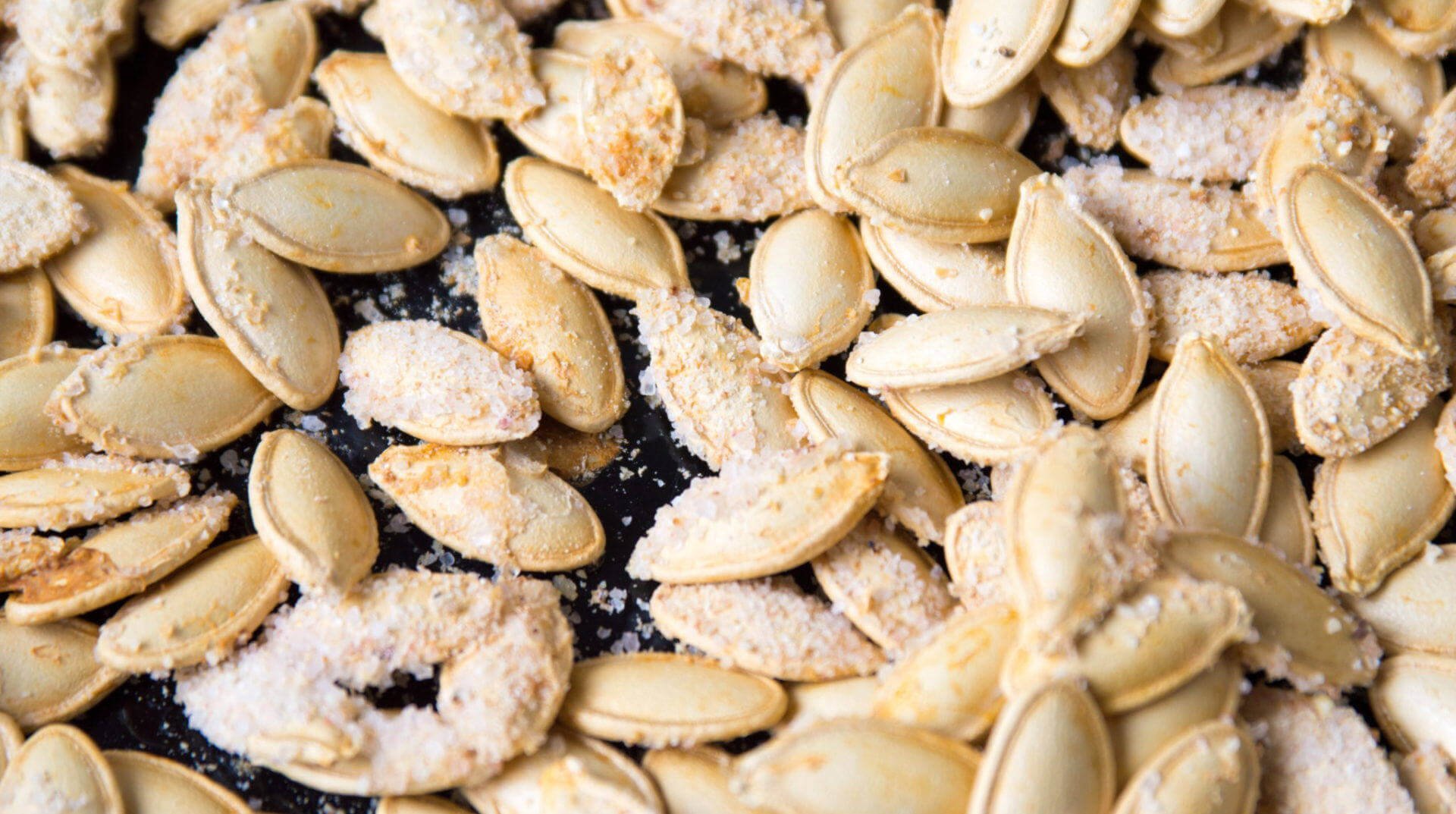Home » Blog » Lifestyle » Health & Fitness » Why Athletes Are Prone to Yeast Infections and How to Prevent Them
Why Athletes Are Prone to Yeast Infections and How to Prevent Them
Yeast infections don’t discriminate. World Cup soccer champs and pre-collegiate amateurs are likely to experience the unpleasant symptoms of a yeast infection because of all that sweating. Here is the 101 on the itchy situation below the belt.
What causes a yeast infection?
Candida is the fungus that causes genital yeast infections and minuscule amounts grow naturally close to the vaginal area. What turns its basic presence into an infection is the overgrowth of fungus. That overgrowth triggers the immune system to respond and cause the classic itching and burning symptoms.
How do I know if I have a yeast infection?
Redness, itching and burning in the vaginal area along with white curd-like discharge are classic signs.
Do I really have to go to the doctor?
Although there are over-the-counter anti-fungal creams, like Monistat or clotrimazole, you can use without a prescription for up to two weeks, a one-time dose of an oral anti-fungal will clear it up sooner.
How do I prevent them from happening?
Try not to avoid staying in sweaty soccer uniforms or the gym clothes that you worked out in while running errands for hours. Sweaty yoga pants are a breeding ground for a fungal infection.
What else makes someone more prone to yeast infections?
Anything that messes with your hormones, like changing birth control dosage, stress (it increases the stress hormone, cortisol), taking antibiotics for something else like a throat infection or abnormally high blood sugars (like if you are a diabetic).
When should you get checked out if over-the-counter creams do not work?
A yeast infection should clear up anywhere between three days and two weeks if you’re using over-the-counter creams consistently. If you are (and I mean really are) sticking to daily anti-fungal cream use and continue to have symptoms, then it’s definitely time to get checked out if you haven’t yet.
Can you pass it on to your partner?
Yes, you can. Although a yeast infection is not considered to be a sexually transmitted disease, about 15 percent of partners who have sexual intercourse with someone who is actively infected will develop symptoms.
Keep these tips in mind to prevent yeast infections and to enjoy your time on the field bacteria free.













